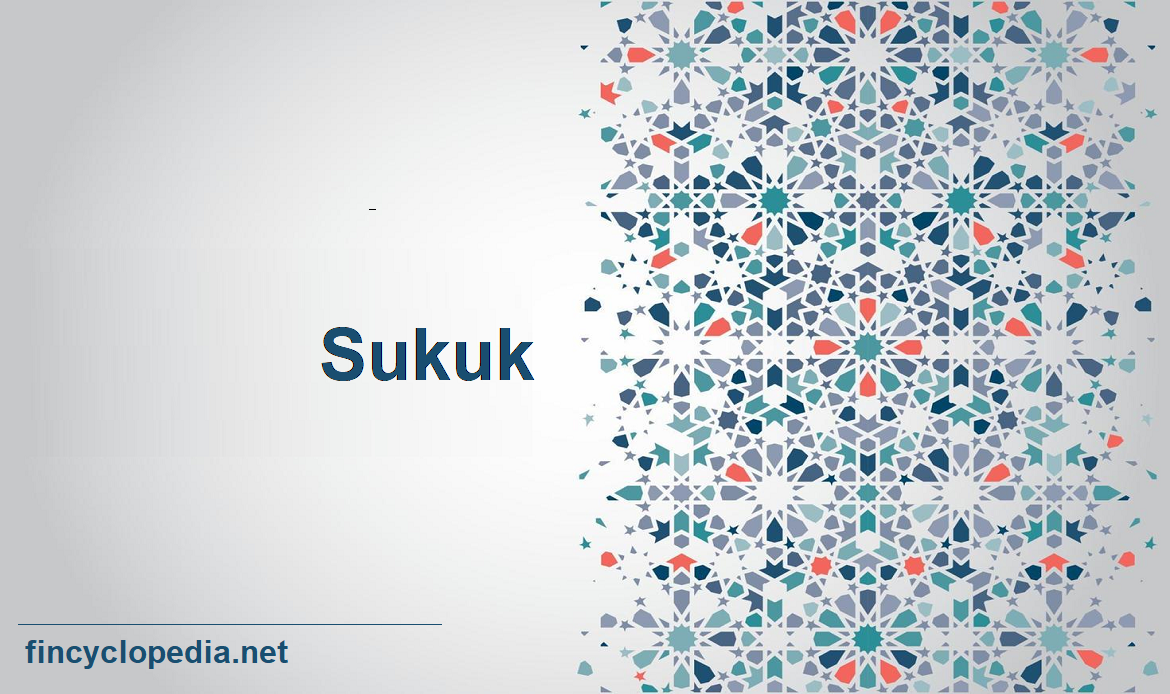A noncommercial guarantee/ suretyship (kafalah shakhsiyah) which is used to secure commutative contracts (e.g. contracts of sale, contracts of rights, etc), obligations and debts (duyun). It involves presenting assurances to creditors of payment by a third party. This guarantee is noncommercial (personal) in the sense that it is charitable in nature where no fees or rewards should be expected or collected therefrom. For example, a bank may ask a customer to provide one or more guarantees to secure the debts owed by the customer.
Personal guarantees/ suretyships are classified according to the right of recourse to the debtor in two types:
- a recourse guarantee: a personal guarantee in which the guarantor has a right of recourse to the debtor. This guarantee is typically offered at the request of the debtor or with his consent.
- a non-recourse guarantee: a personal guarantee that is offered voluntarily by a third party without the debtor’s request or consent, and thus that party doesn’t have a right to recourse to the debtor. Therefore, it is also known as a voluntary guarantee (voluntary suretyship).






